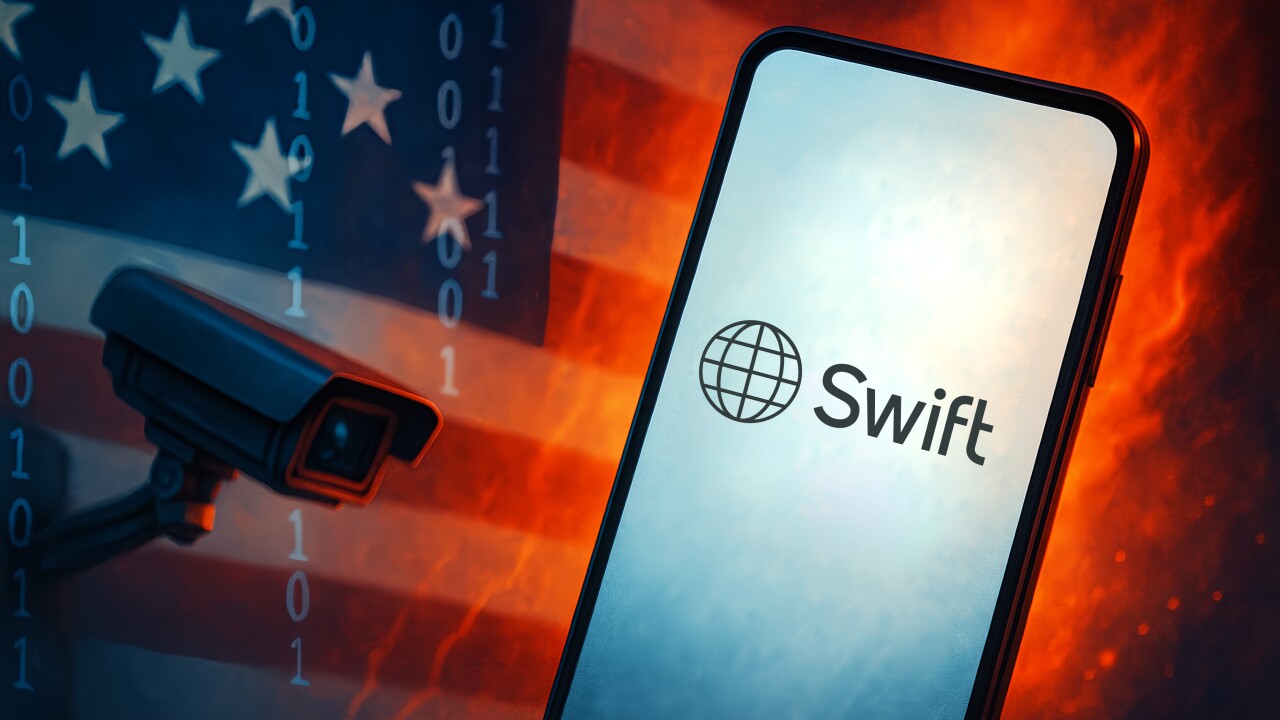As federal regulators rightly begin encouraging technological innovation rather than lagging behind it, one must also consider the darker side of technology.
There is a growing race for control of money, information and payments systems. The Washington Post
Ultimately, technology will either empower or overpower financial services companies and their regulators. The difference will depend on how proactive firms and regulators are to control that evolution.
The head of the Federal Deposit Insurance Corp. is running the innovation baton down the field, encouraging the government to lead fintech rather than follow it. FDIC Chairman Jelena McWilliams offered an important insight
She could not be more correct.
Innovation is indeed the goal. Toward that end, the president and Congress should establish a National Financial Technology Commission to evaluate all of the impacts of technology, whether both positive and negative.
Private and public sector experts are working to deter and respond to cataclysmic military warfare conducted by lethal autonomous weapons. The same risk exists in the country’s economic infrastructure as technology increasingly becomes the weapon of choice to make the world more financially insecure.
Vladimir Putin has said that the country that dominates the artificial intelligence space will be
It hasn’t been 30 years since financial systems operated only through closed proprietary networks, accessible to a few people in each institution. The enormous number of attacks on security systems every day demonstrate the risks of participating in the open architecture of the Internet.
Artificial intelligence only further complicates those risks. Consider a world where machines talk to each other and make decisions. Consider further that some parties controlling such advanced technologies and artificial intelligence may not be democratic or benevolent; but terrorists and fanatics backed by the resources of a country rather than an individual hacker.
Such malicious agents would only need to solve for one problem to cause economic havoc, while institutions and regulators must constantly solve for a universe of problems to protect systems.
Warning signs are increasing. While technology further weaves itself into daily financial transactions and improves the efficiency, speed and cost of financial services, it is also laying traps.
Emerging financial technologies raise new forms of concentrated risks and issues regarding the ownership and control of the assets, source code and infrastructure in a world of crypto-assets, miners and distributed ledger technology systems. Who will control future crypto financial networks? And who will the trusted intermediaries be when peer-to-peer validation systems begin to operate?
Federal Reserve Vice Chairman Randal Quarles has highlighted this issue. He
When unidentified parties — rather than regulated institutions and central banks — control and underwrite new money, financial products, systems or transactions, eventually confidence may dissipate. At that point, if there is no
Cloud technology creates yet another level of operational and systemic risks that financial institutions are now confronting. In the cloud, businesses, governments and consumers have reduced visibility and control, causing privacy and security threats to increase.
Though not here yet, quantum computing is the next technological frontier that will exponentially increase digital capabilities as well as cybersecurity threats. Quantum computers do not use the binary system language of traditional computers. They perform calculations based on the probability of an object's quantum at an unprecedented processing speed that can enormously accelerate artificial intelligence and machine learning capacities.
Quantum computing speed will both obsolete and improve security systems. In such a world, the reportedly immutable nature of distributed ledger technologies may not remain so immutable.
Innovation that unleashes the positive aspects of technology is the highest priority. But so is the development of a financial services and capital markets strategies that protect against the unprecedented new technological threats.
The most effective way to prepare for and defend against those threats is for U.S. companies and
This is why a National Financial Technology Commission is needed. The commission should be asked to deliver its recommendations to protect the economic infrastructure of the country in the next six months. Nothing less than the future control of global economies may be up for grabs.





